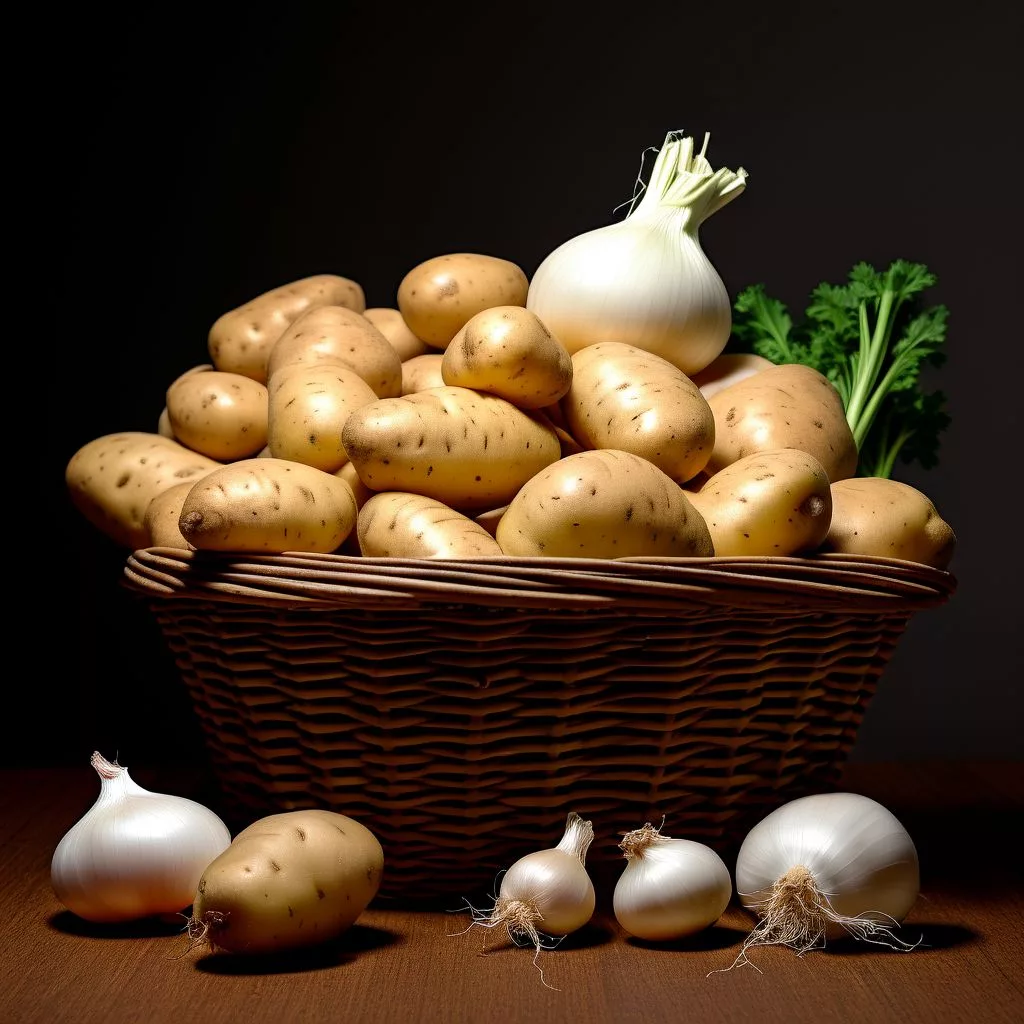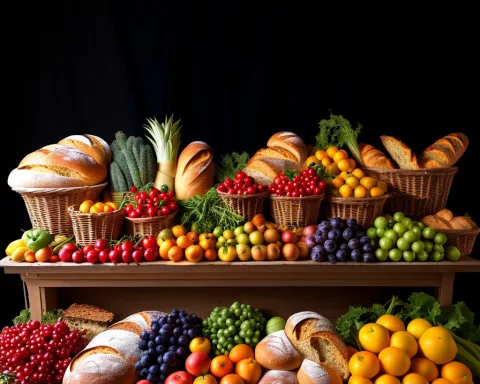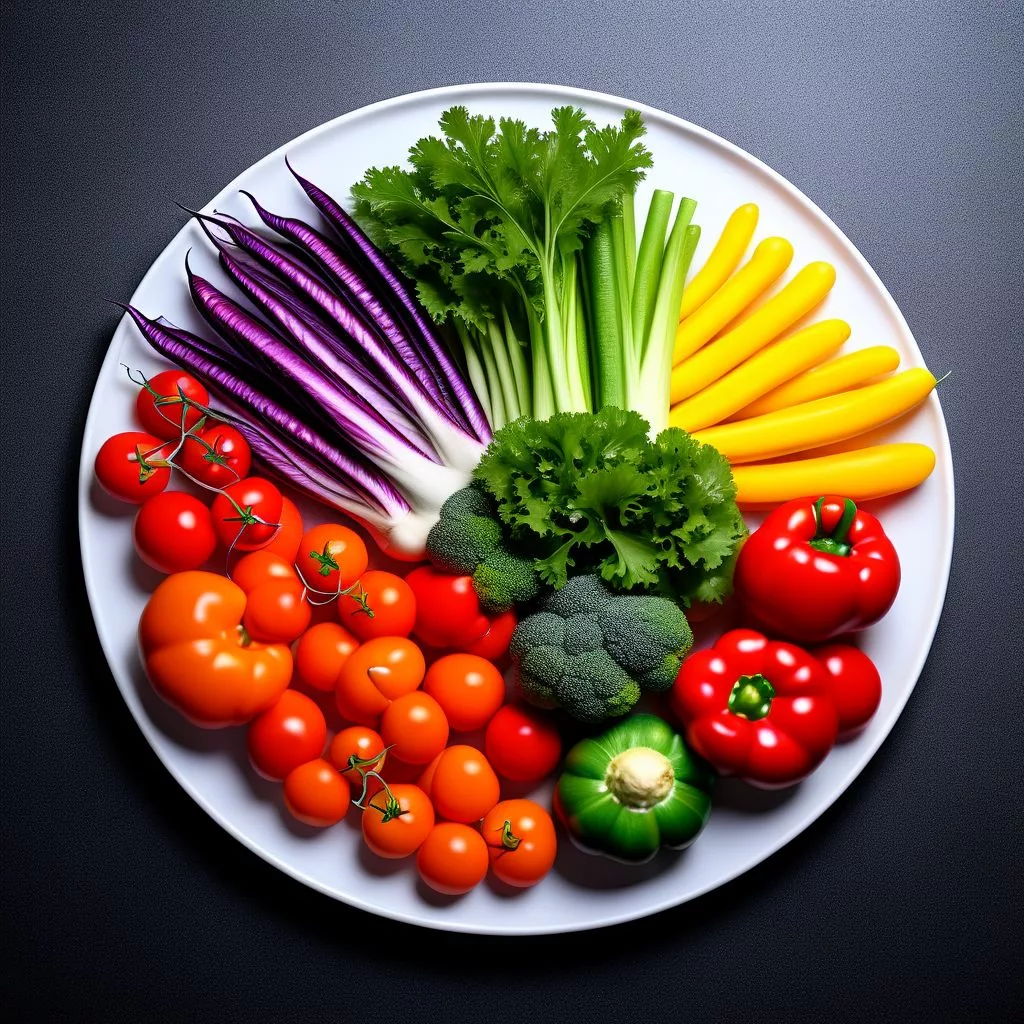In South Africa, people earning minimum wage are struggling as food prices soar much higher than their paychecks. While wages increased by 38%, the cost of basic food items jumped by 68%. This makes it tough for families to put healthy meals on the table, forcing them to choose cheaper, less nutritious options. The gap between what people earn and what they need to survive is growing, highlighting the urgent need for change. Many voices are calling for solutions to help these hardworking families find a way to live better lives.
What are the main challenges faced by minimum wage earners in South Africa?
Minimum wage earners in South Africa face significant challenges, including a stark disparity between wage increases and rising food costs. While the minimum wage rose by 38%, the price of essential food items increased by 68%, making it difficult for families to sustain their households and maintain nutritional standards.
In South Africa, the economic landscape is woven with complexities, and the pursuit of a living wage remains a critical issue for millions. This article explores the challenges faced by those earning the national minimum wage, particularly in relation to the increasing cost of essential goods. Over recent years, the disparity between wages and the cost of living has become alarmingly pronounced, especially when it comes to basic food necessities.
The Growing Gap: Wages vs. Food Prices
The years between December 2019 and December 2024 highlight a significant divergence between wage increments and the soaring costs of basic commodities. While there was a 38% rise in the minimum wage, the price of a standard basket of food items shot up by 68%. For many minimum wage earners, this surge in food prices poses a formidable challenge, making it increasingly difficult to sustain their households. The Pietermaritzburg Economic Justice and Dignity (PMBEJD) organization has been pivotal in documenting these trends, shedding light on the harsh economic realities confronting low-income families.
PMBEJD’s research centers on a basket of 44 essential goods, typically purchased by women from low-income households. This selection of items reflects the monthly requirements of an average household size. Price monitoring occurs directly at 47 supermarkets and 32 butcheries across major urban centers like Johannesburg, Cape Town, Durban, Pietermaritzburg, Mtubatuba, and Springbok. The women involved in this research hail from the same communities, ensuring the data’s accuracy and relevance. Their shopping experiences at outlets targeting the low-income market authentically capture the economic pressures faced by everyday South Africans.
Inflation and Its Impact on Food Costs
Despite inflation reaching its lowest point in four years by October of the previous year, food prices continued their upward trajectory. This paradox arises because inflation measures the rate of change in prices rather than their absolute levels. Consequently, even as inflation rates drop, prices can still rise, albeit at a slower pace. Understanding this nuance is crucial when evaluating the living conditions of those earning minimum wages.
The COVID-19 pandemic further exacerbated the stark divide between wages and food costs. The health crisis deepened existing economic disparities, and recovery from its effects has been slow. Over five years, the cost of the basic food basket increased by R2,183, whereas the minimum wage only saw an increase of about R1,200. This persistent gap underscores the vulnerability of low-income families and highlights the urgent need for policy interventions to address these inequities.
The Struggle for Nutrition on a Tight Budget
When financial resources are limited, prioritizing essential purchases becomes crucial. PMBEJD’s research delves into the buying habits of women in low-income households, revealing a list of prioritized items focused more on sustenance than nutritional value. Potatoes and onions frequently appear among the few vegetables chosen, illustrating a diet that provides filling meals yet often lacks essential nutrients.
Such reliance on limited food options raises concerns about long-term health implications for families. While these foods may offer immediate satiety, they fail to meet the comprehensive nutritional requirements necessary for healthy growth and development. This situation calls for a broader discourse on food security and nutrition education, encouraging a shift towards more balanced dietary choices even within constrained budgets.
Broader Context: Historical and Cultural Influences
South Africa’s economic landscape is shaped by historical legacies and ongoing socio-political dynamics. The narrative of wage disparity and food insecurity intertwines with the broader context of post-apartheid economic reforms, global market influences, and local governance challenges. Historical movements toward social justice and equality, such as the anti-apartheid movement, continue to inform contemporary debates on economic rights and access.
Art and culture also play vital roles in reflecting and shaping societal values. South Africa’s rich tradition of artistic expression often highlights themes of resilience and community solidarity. Through their work, artists and writers have historically amplified the voices of the marginalized, bringing attention to the everyday struggles faced by ordinary citizens. This cultural dimension adds depth to our understanding of economic challenges, as it intersects with issues of identity, dignity, and hope.
The Road Ahead: A Call for Comprehensive Solutions
In reflecting on the intricacies of wage dynamics and rising food costs, it is vital to consider the broader implications. The economic challenges faced by minimum wage earners are not isolated phenomena but indicative of systemic issues that require comprehensive solutions. Policymakers, civil society, and the private sector must collaborate to address these disparities, ensuring that economic growth translates into tangible benefits for all citizens.
The narrative of South Africa’s wage earners is one of perseverance amidst adversity. Their story calls for empathy and action from all sectors of society. As we continue to explore these themes, let us remain mindful of the human stories behind the statistics. By doing so, we honor the dignity of those who strive daily for a better future, even as they navigate the challenges of the present.
“`markdown
What are the main challenges faced by minimum wage earners in South Africa?
Minimum wage earners in South Africa struggle with a significant gap between wage increases and rising food costs. While the minimum wage rose by 38%, the price of essential food items surged by 68%. This disparity creates difficulties in sustaining households and maintaining nutritional standards for families.
How do rising food prices impact the diets of low-income families?
As food prices continue to soar, low-income families are forced to prioritize cheaper, less nutritious food options. Research by the Pietermaritzburg Economic Justice and Dignity (PMBEJD) indicates that families often choose items that provide satiety, such as potatoes and onions, which leads to diets lacking essential nutrients necessary for healthy growth and development.
What role does inflation play in the rising costs of food?
Even though inflation reached its lowest point in four years by October of the previous year, food prices continued to rise. This situation is notable because inflation measures the rate of change in prices rather than their absolute levels, meaning prices can still increase even when inflation rates are low. Understanding this is crucial for evaluating the living conditions of minimum wage earners.
How has the COVID-19 pandemic affected wage disparity and food costs?
The COVID-19 pandemic exacerbated existing economic disparities and slowed recovery from its impacts. Over five years, the cost of a basic food basket rose by R2,183, while the minimum wage saw an increase of only R1,200. This persistent gap highlights the vulnerability of low-income families and underscores the urgent need for policy interventions.
What influences South Africa’s economic landscape regarding wage disparity and food insecurity?
South Africa’s economic challenges are shaped by historical legacies, socio-political dynamics, and ongoing economic reforms. The narrative of wage disparity is intertwined with issues of social justice and equality stemming from the anti-apartheid movement, which continues to inform contemporary debates on economic rights and access to resources.
What actions are needed to address the issues faced by minimum wage earners?
Addressing the challenges of minimum wage earners requires comprehensive solutions involving policymakers, civil society, and the private sector. Collaborative efforts are essential to ensure that economic growth translates into tangible benefits for all citizens, promoting food security and nutritional education while honoring the dignity and aspirations of those striving for a better future.
“`












